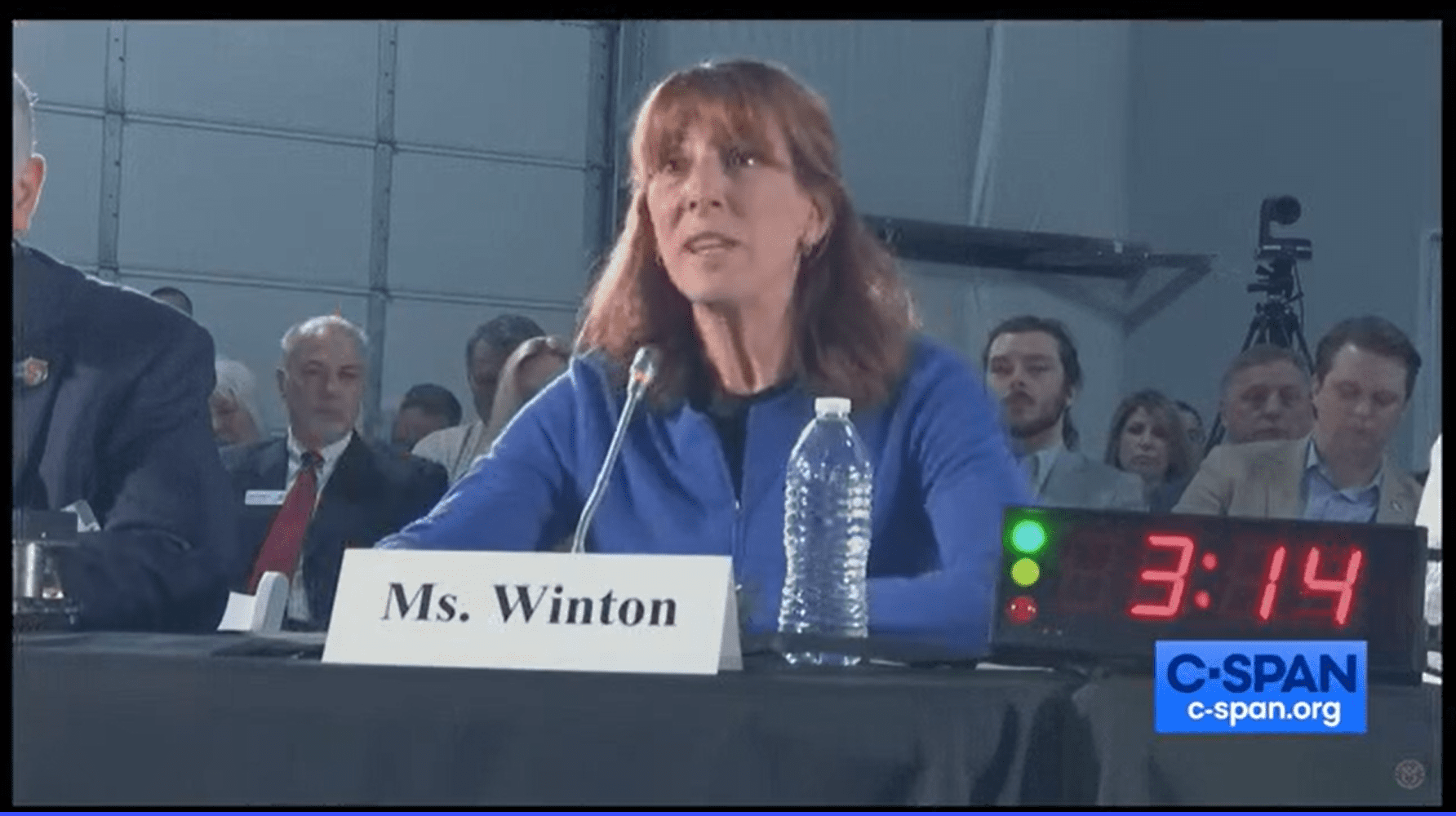Small Manufacturers to Congress: Restore a Pro-Growth Interest Deductibility Standard

As part of the NAM’s “Manufacturing Wins” tax campaign, small and medium-sized manufacturers are urging Congress to reinstate the pro-growth interest deductibility standard implemented by the 2017 Tax Cuts and Jobs Act—which was crucial to making debt financing for capital equipment purchases more affordable for manufacturers.
What’s happening: Tax reform allowed companies to deduct the interest they pay on business loans, up to a cap of 30% of their earnings before interest, tax, depreciation and amortization (EBITDA).
- But as of 2022, companies can only deduct interest up to 30% of their earnings before interest and tax (EBIT). This stricter limit raises borrowing costs for manufacturers, making it harder for them to finance job-creating investments in equipment and machinery.
Why it matters: Ankeny, Iowa–headquartered manufacturer Accumold was able to hire the talent it needed because of tax reform’s incentives for capital investment, including the EBITDA-based business interest limitation. “Thanks to tax reform, Accumold was able to increase our capital investment and add to our teams,” said President and CEO Roger Hargens.
- “By excluding depreciation and amortization expenses from the interest deduction calculation, the EBIT standard makes debt financing more expensive—punishing manufacturers with significant investments in depreciable assets like equipment and machinery, as well as valuable intellectual property subject to amortization,” explained Sukup Manufacturing President and CEO Steve Sukup, whose company is based in Sheffield, Iowa.
Supply chain implications: The change has had far-reaching effects on supply chains across the country, hitting small manufacturers—such as Pennsylvania-based Erie Molded Packaging—hard.
- “The majority of my customers buy and sell large pieces of capital equipment that require debt financing,” President Tom Tredway said. “Their inability to deduct interest makes borrowing more expensive, impacting small manufacturers’ economic health and ability to grow. Policy changes cause ripple effects across every level of the supply chain, and small manufacturers often take the biggest hit.”
- Added Sukup: “This change has been damaging to Sukup’s supply chain, as our partners at all levels often use debt financing for investments, including purchasing our products.”
- BTE Technologies President Chuck Wetherington and NAM Executive Committee Member in Hanover, Maryland, agreed. “Many of our suppliers utilize debt financing to expand their operations and invest in growth, yet their ability to do so is limited by the more-restrictive interest deductibility standard,” he said. “Ultimately, this switch to an EBIT standard weakens the manufacturing supply chain.”
Innovation at stake: Simmons Knife & Saw in Glendale Heights, Illinois, has seen a dramatic increase in its tax bill since pro-growth tax policies began to expire in 2022, including the EBITDA-based interest limitation.
- “We sell to over 100 countries and face competition around the globe,” said President and Owner Colin Murphy. “To remain competitive, we need to continually innovate and consistently invest in new machinery and equipment.”
- He added that the company’s higher tax bill “has led to less investment in equipment, fewer jobs and less innovation.”
The bottom line: “Increasing the cost of debt financing makes it more costly for manufacturers to invest in growth and expansion,” said Sukup. “Policymakers should not impose limitations that inhibit manufacturers’ ability to finance investments.”
- Added Hargens: “I urge Congress to prioritize the future of our working families and our economy by preventing tax increases.”
